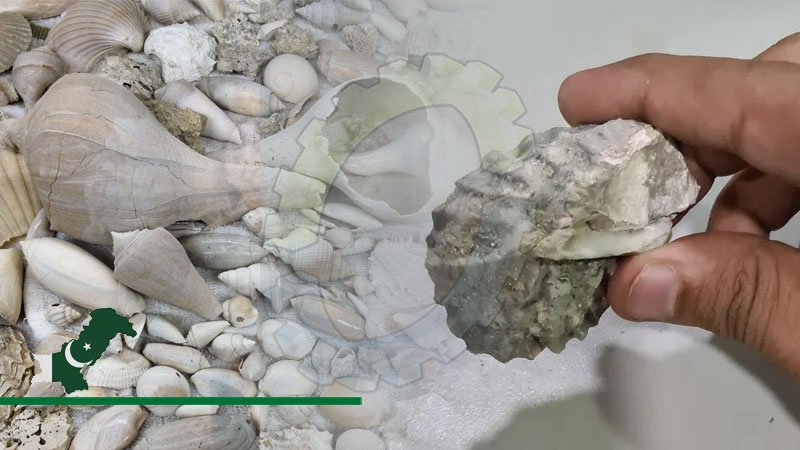The study resulted in the collection of 3265 well-preserved large and small foraminifera specimens of various species, 80 gastropod specimens, and 65 fossil coral specimens.
Scientists at the Pakistan Museum of Natural History (PMNH) on Wednesday, discovered a collection of rocks and invertebrate fossils from Karachi’s coastal line and surrounding areas.
According to the PMNH, the study resulted in the collection of 3265 well-preserved large and small foraminifera specimens of various species, 80 gastropod specimens, and 65 fossil coral specimens.
For further laboratory analysis, different rock samples from the Gaj Formation (Miocene age) were collected to cover all lithological and facies variations from bottom to top.
From November 30 to December 10, the PMNH conducted 11 days of geological and paleontological research along the coast of Karachi and surrounding areas in Pakistan.
Two Earth Science Division researchers, Aamir Yaseen, curator, and Khalil-ur-Rehman, associate curator, collected invertebrate fossils, fossil corals, and rock samples from the Miocene Gaj Formation and other exposed geological formations in Karachi, Pakistan.
The PMNH was founded in 1976 by the Pakistan Science Foundation (PSF), Ministry of Science and Technology of Pakistan. It is divided into four sections: Botanical Sciences, Earth Sciences, Zoological Sciences, and Public Services.
The first three divisions are responsible for the collection, preservation, identification, and research of Pakistan’s plant, fossil, and mineral resources, respectively, while the fourth is in charge of mass education and the popularisation of natural history through various displays, exhibits, and dioramas.
The GSP headquarters in Quetta has one of the country’s largest geological museums. The tour of the museum’s palaeontological galleries is a special treat for visitors from all walks of life who come to see the only museum of its kind in Quetta.
Visitors of all ages are enthralled by the more than a thousand invertebrate fossils on display in the Dr. Fatmi’s Gallery of Invertebrate Paleontology, which houses the largest collection of reference specimens that have been properly catalogued and dedicated to Dr. A.N. Fatmi in recognition of his lifetime achievements in the field of palaeontology and stratigraphy, with more than 70 million-year-old ammonite index fossils and the largest
